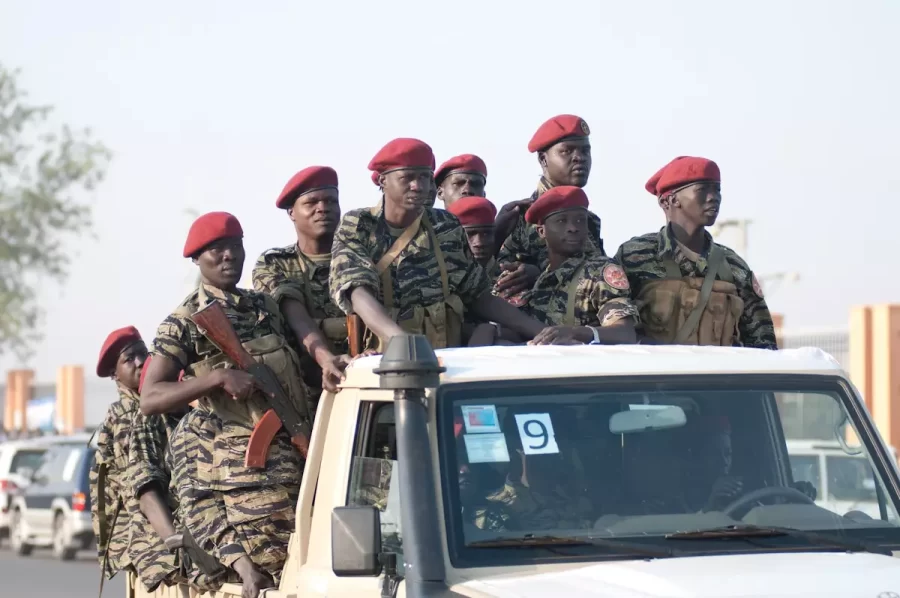Sudan War
May 16, 2023
Located in Northeast Africa, Sudan is a country home to many African and Saharan ethnic groups, and was once the largest African country. Sudan is known for being a central region for interactions between Africans and Mediterraneans – especially being located near the intersection of North Africa, the Sahel region, the Horn of Africa, and the Red Sea. This makes Sudan a vital area to conquer for power in both size and in agriculture.
On April 15, 2023, conflict emerged between Sudan’s army and the military organization Rapid Support Forces, over control of Sudan and this crucial intersection. Fighting for power are two men who previously worked together against Sudanese President and dictator Omar al-Bashir, in an attempt to transition towards a democratic nation: Abdel Fattah al-Burrhan (military ruler and head of Sudan army), and Rapid Support Force General Mohamed Hamdan Dagalo (also known as Hemedti, Sudan’s deputy). Both have opposing opinions on who should have control of Sudan.
Sudan’s army is estimated to have around 220,000 forces, while the Rapid Support Forces have 70,000 better trained and equipped members. Combined, these hundreds of thousands of men have contributed towards escalating this conflict into a violent fight, resulting in over 400 deaths, 4,000 injured people, and dangerous, war-like living areas.
On Monday, April 24, Sudan’s army agreed to a 3-day ceasefire, or a temporary peace agreement, with Sudan’s Rapid Support Forces. During the ceasefire, neighboring nations quickly evacuated innocent citizens from harm’s way, despite food, water, medicine, and fuel shortages. Although this was a friendly attempt with good intentions, troop movements and shootings were still reported.
From mass prison breaks to increases in food and fuel prices, the war in Sudan has, and will continue to have, rippling effects on citizens both in and out of Sudan. Thousands are anxious to flee towards safety, whether it be to neighboring Chad or Southern Sudan. While this provides temporary comfort and reassurance to the refugees, neighboring countries are struggling to provide the desired resources and needs.
As of the end of April, many countries (including neighboring Egypt and South Sudan) have stepped up help both sides of the war, in attempt of hopefully reaching an agreement. However, analysts believe that since this disagreement is not a recent issue, neither side is going to submit to the other without a struggle. We do not know when this fight will end.
